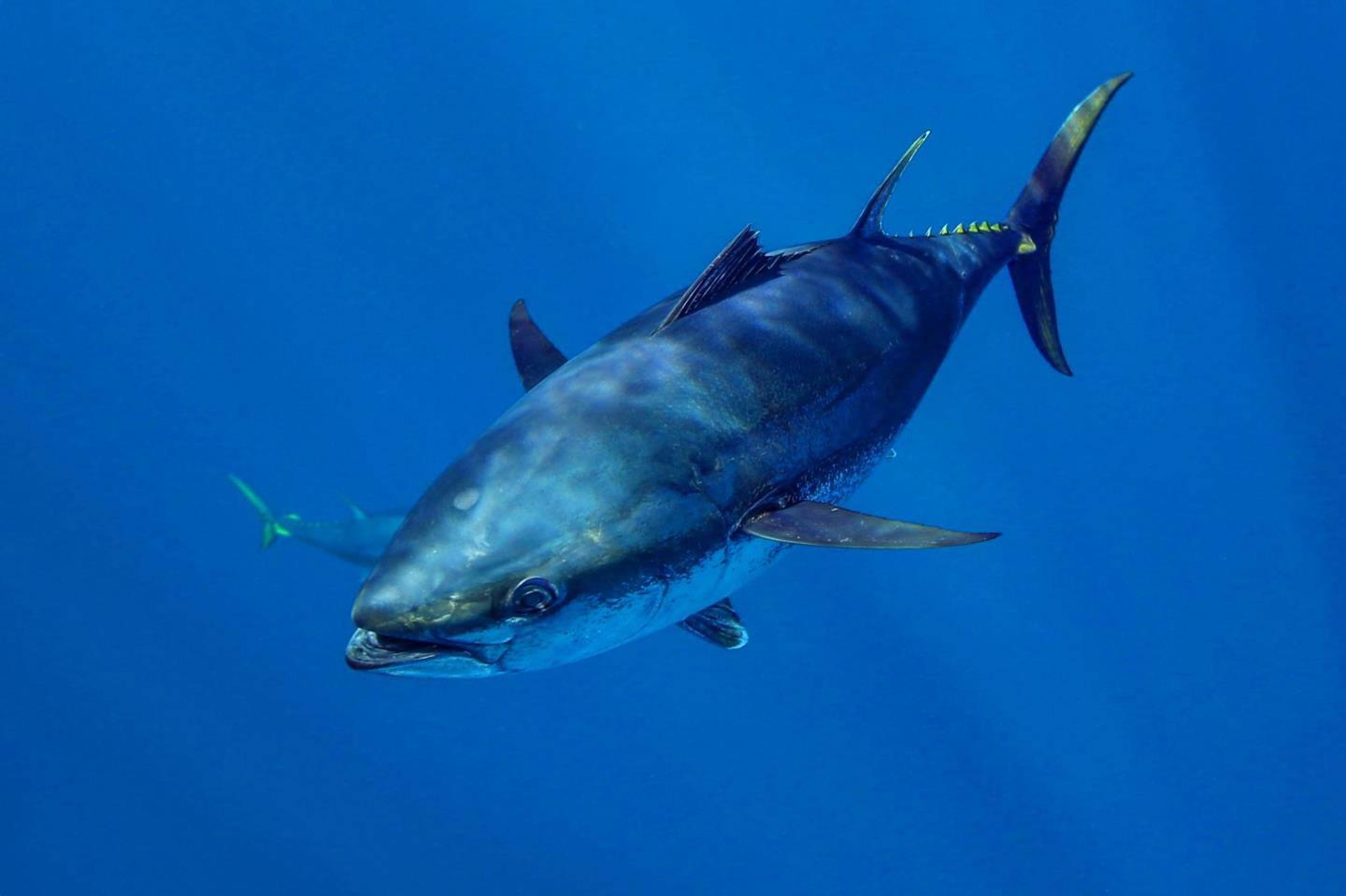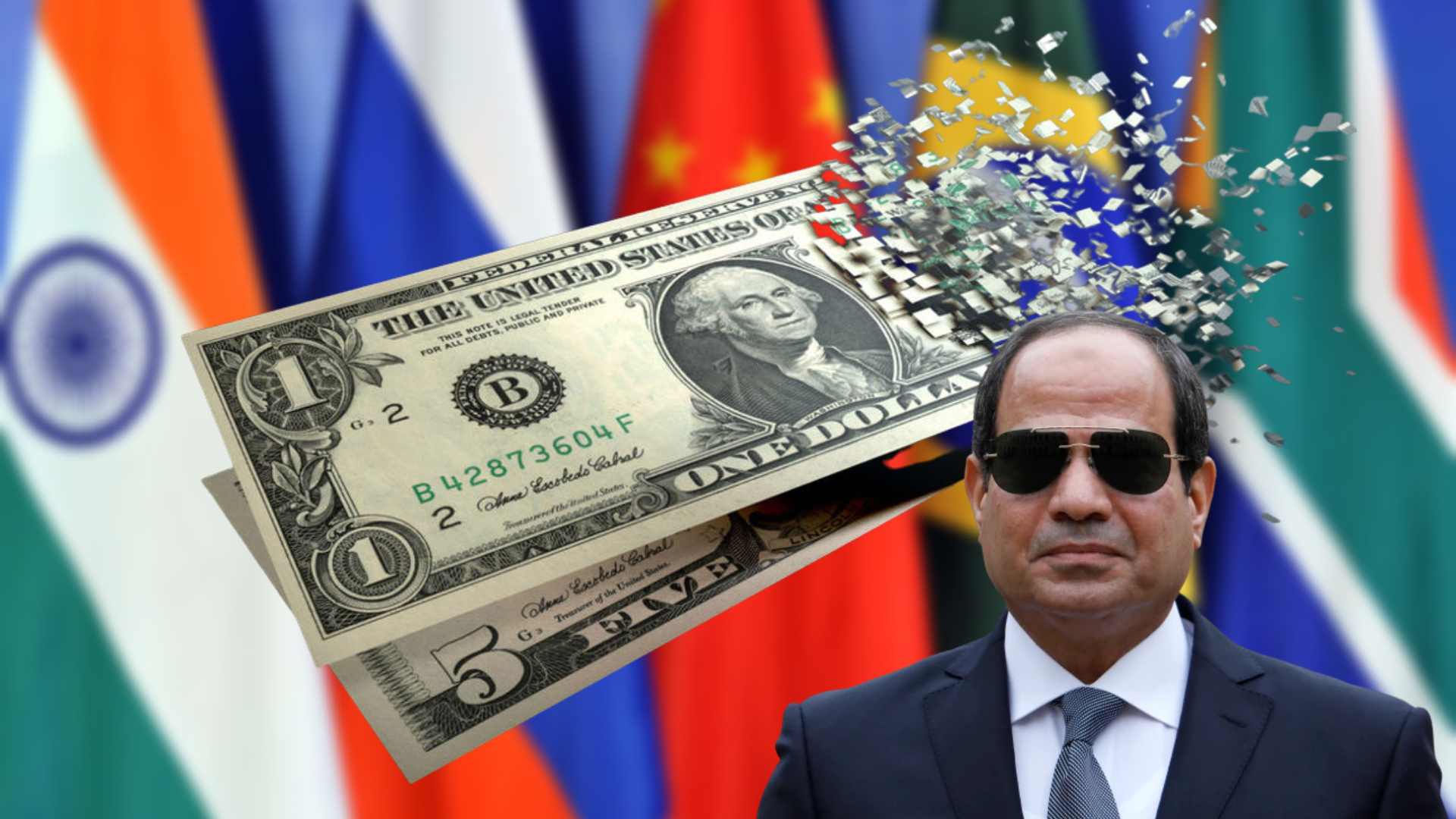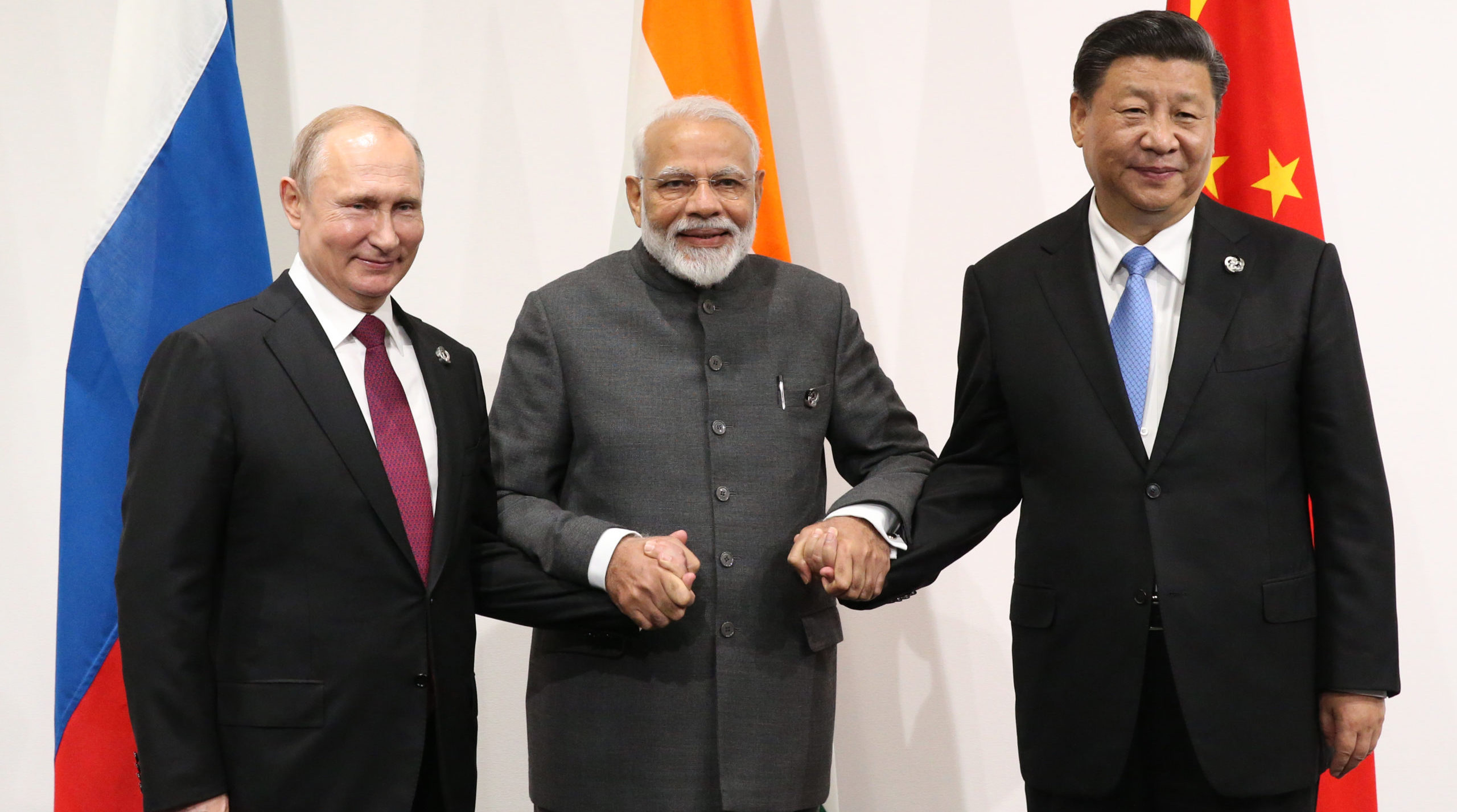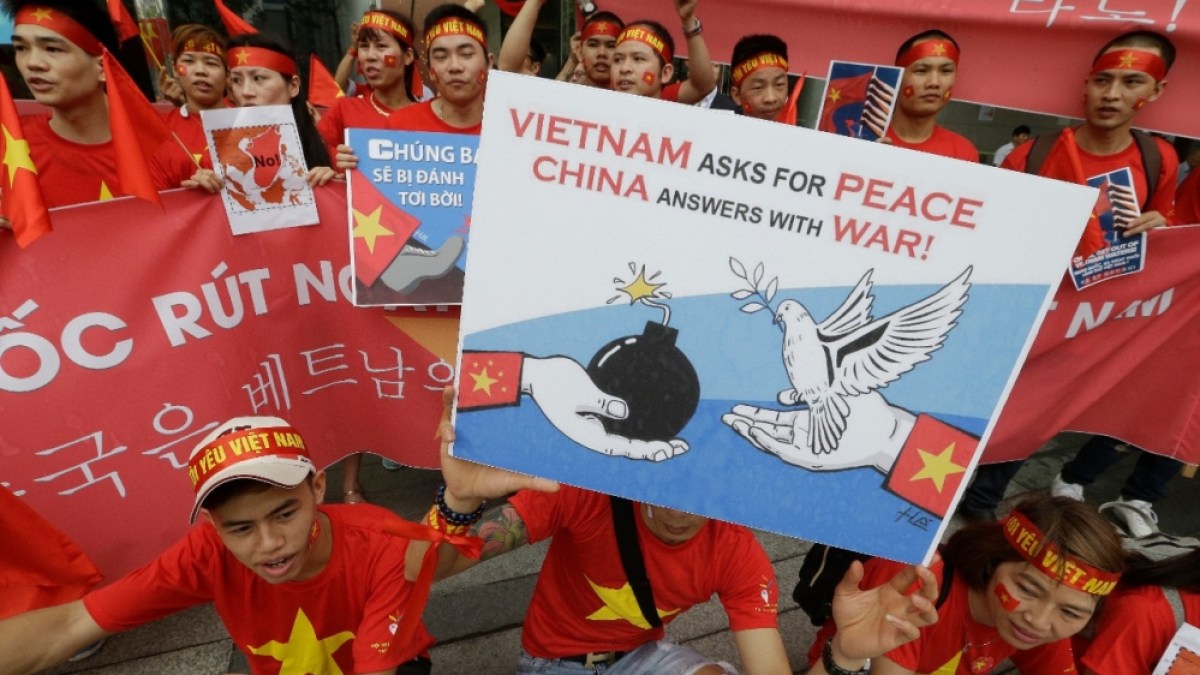On 12th July 2022 the Philippine Foreign Affairs Secretary Enrique A. Manalo released a statement stating that:
Today we commemorate the 6th anniversary of the Award on the South China Sea Arbitration. More than a historic milestone whose value lies in its commemorative significance, we recall 12 July 2016 as the day that affirmed to the community of nations that the rule of law prevails, and that stability, peace and progress can only be attained when founded on a rules-based legal order on the oceans, as it should be everywhere else.
The Award and the United Nations Convention on the Law of the Sea (UNCLOS) are the twin anchors of the Philippines’ policy and actions on the West Philippine Sea.
The year 2022 is also the 40th anniversary of the adoption of UNCLOS. UNCLOS sets out the legal framework within which all activities in the oceans and seas must be carried out. There is no recourse to general international law on matters comprehensively covered by the UNCLOS. Compliance with UNCLOS, which represents a delicate balance of the rights and obligations of all States Parties, in its entirety is key to ensuring global and regional peace and the fair and sustainable use of the oceans.
The Award, an affirmation of UNCLOS’ dispute resolution mechanisms, not only sets reason and right in the South China Sea, but is an inspiration for how matters should be considered – through reason and right – by states facing similarly challenging circumstances.
It authoritatively ruled that the claim of historic rights to resources within the sea areas falling within the ‘nine-dash line’ had no basis in law and is without legal effect.
It upheld the Philippines’ sovereign rights and jurisdiction in its exclusive economic zone.
It affirmed that certain actions within the Philippines’ EEZ violated the Philippines’ sovereign rights and were thus unlawful; that large-scale reclamation and construction of artificial islands caused severe environmental harm in violation of international conventions; that the large-scale harvesting of endangered marine species damaged the marine ecosystem; and that actions taken since the commencement of the arbitration had aggravated the disputes.
These findings are no longer within the reach of denial and rebuttal, and are conclusive as they are indisputable. The Award is final. We firmly reject attempts to undermine it; nay, even erase it from law, history and our collective memories. At the same time, we welcome the support of a growing list of countries for the Award.
The Award benefits the world across the board. We do not see it as directed at any other country, near or far. We see it as it should be seen: as favoring all which are similarly situated by clarifying definitively a legal situation beyond the reach of arms to change. It puts this aspect of international law beyond the limit of prescription.
And so we say once again: the present that we need and the future that we want is a peaceful South China Sea. The Philippines is committed to this for as long as it exists.
Needless to say that didn't go down to well with the CCP in Beijing:
NHK: The Foreign Affairs Secretary of the Philippines said in a statement released yesterday that the award of the South China Sea arbitration is “final” and “indisputable”. What’s China’s comment? China always advocates upholding the authority of the UN and international principles, why then does it reject this ruling?
Wang Wenbin: Besides the statement from the Philippines, I also noted a statement by US Secretary of State Antony Blinken on the same day, which expressed support for the so-called ruling of the arbitral tribunal. I would like to state that China’s position on the South China Sea arbitration is consistent and clear. The Ministry of Foreign Affairs released a statement on its position on July 12, 2016. The so-called award of the South China Sea arbitration seriously violates international law including the United Nations Convention on the Law of the Sea. It is illegal, null and void. China neither accepts nor recognizes it and will never accept any claim or action based on the award. By doing so, we are upholding international rule of law. China’s position has received broad understanding and support from the international community. Those who attempt to infringe on China’s sovereignty, rights and interests by implementing this illegal award will not succeed. China will respond to such attempts in accordance with law.
The US, as a non-regional country, has been ignoring the history and facts of the South China Sea issue and violated and distorted international law. It has broken its public commitment of taking no position on sovereignty claims in the South China Sea, and sought to drive a wedge between regional countries and undermine peace and stability in the region. This is extremely irresponsible. We urge the US to respect China’s sovereignty, rights and interests in the South China Sea, stop stirring up trouble and stop using the South China Sea issue to sow discord between regional countries.
I would also like to say that China and the ASEAN nations are fully and effectively implementing the Declaration on the Conduct of Parties in the South China Sea and working actively to advance the consultations on a code of conduct in the South China Sea. It has been agreed by all sides that the South China Sea issue should be handled following the dual-track approach, namely, maritime disputes should be handled properly by countries directly concerned through dialogue and consultation and peace and stability should be jointly safeguarded by China and the ASEAN countries.
As usual the CCP/PRC are attempting to bully everyone else and conveniently forget that they are a signatory to and ratified UNCLOS. Much like a toddler; highly selective memory.
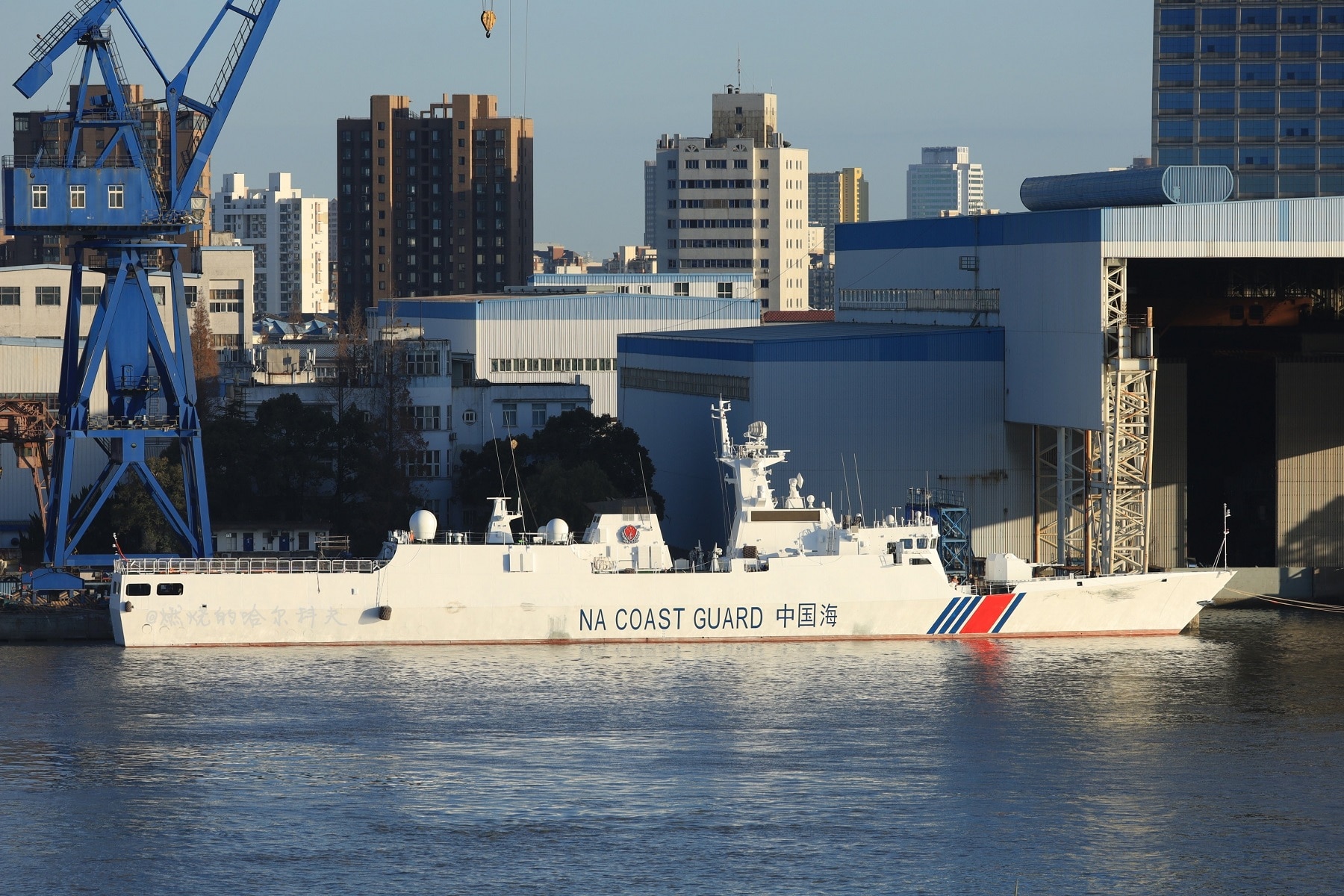
 www.navalnews.com
www.navalnews.com




